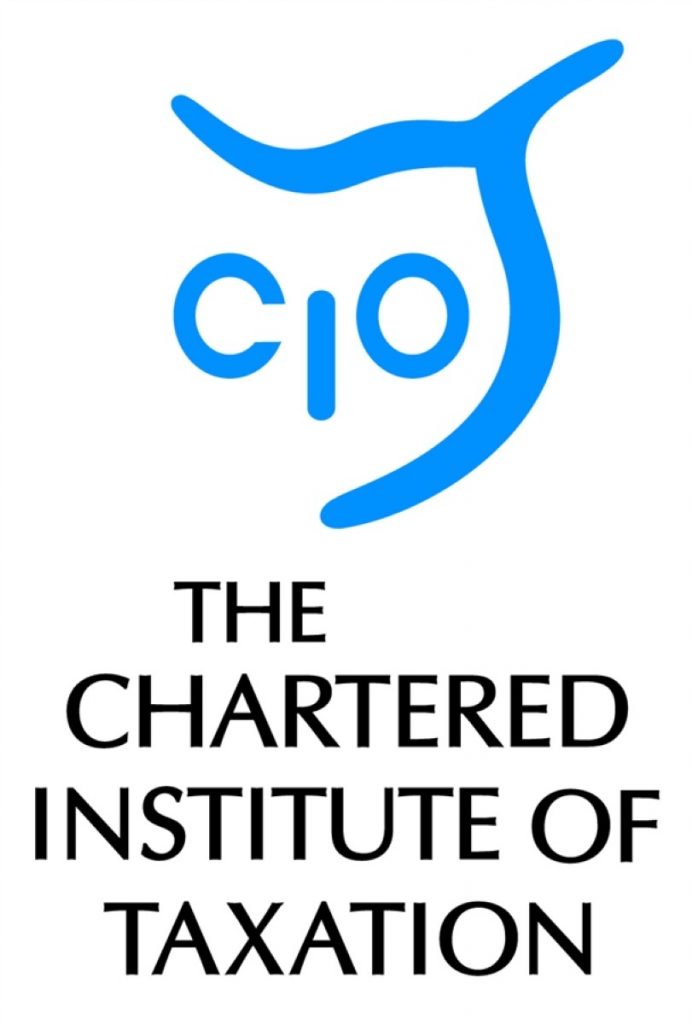Simplifying tax rules for the digitally enabled – but what about the digitally less able?
The Low Incomes Tax Reform Group (LITRG) has welcomed the Budget commitment to explore simplifying the tax rules for businesses, self-employed people and landlords. But it warns the Government against treating those who can engage with HMRC digitally more favourably than those who cannot, unless justifiable on other grounds.
The Budget announced a commitment to explore simplifying the tax rules for people and businesses who will be keeping records digitally and providing regular digital updates to HMRC through the new Digital Tax Accounts. This could include flexible payment options for these groups.
Anthony Thomas, Chairman of the LITRG, said:
“While we welcome any move to simplify the tax rules, it is unclear from the announcement whether such simplification will extend to the taxpayer who is unable to engage digitally, or whether the benefit will be confined to those who can manage their tax affairs online.
“Although we are supportive of the Government’s ambition to exploit digital technology to assist tax collection and compliance, a very significant proportion of the population, often the most vulnerable, remain digitally excluded.
“It is not wrong to use incentives to encourage digital record-keeping and reporting. However, it would be quite wrong if significant changes were made to tax law simply in order to make digital easier, particularly if such changes involved alleviating the burden of taxation on the digitally engaged. Any change in tax rules and tax policy should be evidence-based and should apply to everyone, not just to the digitally capable.
“While any simplification of the tax system is to be welcomed, it should be done for policy reasons and be subject to appropriate review and scrutiny, not just pushed through to make it easier for people to engage digitally.”
Notes for editors
Low Incomes Tax Reform Group
The LITRG is an initiative of the Chartered Institute of Taxation (CIOT) to give a voice to the unrepresented. Since 1998 LITRG has been working to improve the policy and processes of the tax, tax credits and associated welfare systems for the benefit of those on low incomes.
The CIOT is the leading professional body in the United Kingdom concerned solely with taxation. The CIOT is an educational charity, promoting education and study of the administration and practice of taxation. One of our key aims is to work for a better, more efficient, tax system for all affected by it – taxpayers, their advisers and the authorities. The CIOT’s work covers all aspects of taxation, including direct and indirect taxes and duties. The CIOT’s 17,600 members have the practising title of ‘Chartered Tax Adviser’ and the designatory letters ‘CTA’, to represent the leading tax qualification.





-01.png)